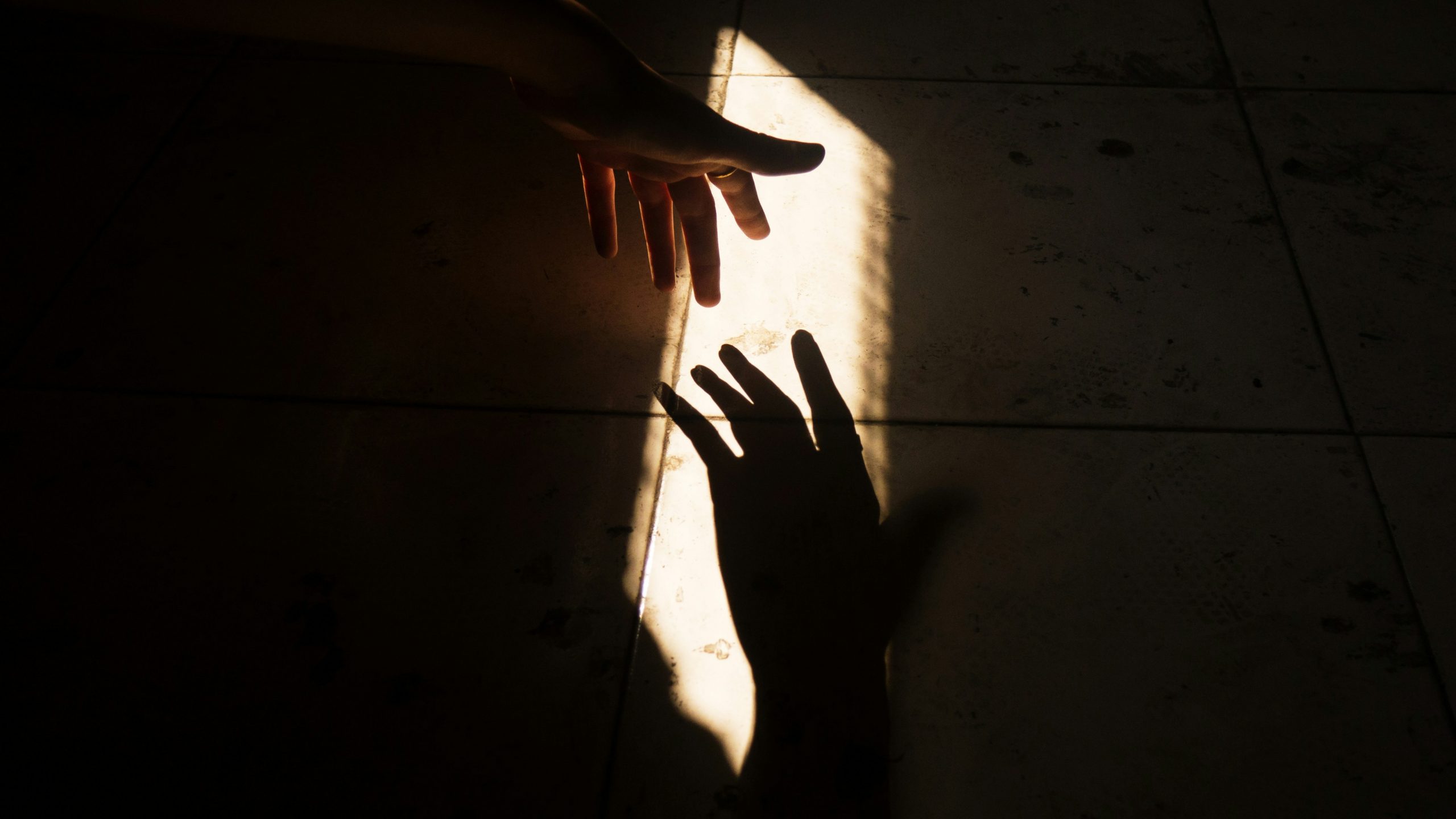Despite having been categorized as a fantasy/romance, Andrew Haigh’s All of Us Strangers was nothing but a reality in more ways than I could have imagined.
It is a story of grief, of love and of loss depicted in impeccable cinematography and a standout cast.
Andrew Scott’s performance was incredible; he displayed the raw emotions of his grief-stricken character with a concerning ease.
This review contains spoilers.
The films focuses on Adam (Andrew Scott), a 46-year-old screenwriter with a deeply rooted past trauma leaving him in a consecutive state of depression.
Shadowing his own internal isolation, he lives in a gloomy and seemingly empty block of flats in London.
A city renowned for its bustling bodies and ever-increasing population, it appears to be a no-mans land for Adam.
He meets Harry (Paul Mescal), a young drunk from the otherwise empty building offering a drink and asking for some company.
Masking in his own isolation, Adam decides to decline the offer and send an intoxicated Harry away.
Instead, Adam visits his parents at his childhood home, sharing a dinner with them before promising to visit again soon.
We learn that Adam’s parents have actually been dead for three decades now, after a fatal car crash when he was just 12 years old.
After meeting neighbour Harry again, he counteracts his offer and the two lead onto a flourishing connection shared by mutual attraction and understanding.
Both queer men, Harry encourages Adam to embrace his sexuality as their relationship furthers.
As the older of the two, it is evident Adam’s hesitation to be as open in his sexuality comes from the era in which he grew up in, such as the reaction he receives when he comes out to his mother.
We watch as Adam’s mental health begins to deteriorate in the frequent visits to his parents, his panic attacks whilst on drugs with Harry and many a tearful conversation.
After admitting to Harry about his contact with his parents 34 years past their death, he attempts to introduce him in order to prove his insanity wrong.
Adam becomes desperate to show to Harry his parents in his childhood home, for Harry to see just a flicker of their ghosts.
Harry is not the only one concerned for the psychological safety of Adam, as his parents tell him that he needs to let them go.
Despite his many desperate attempts to keep them, he allows his parents to finally rest in peace and allows himself to overcome his grief.
Adam returns to Harry, ready to tell him that he is finally ready to move on from the grief of his 12-year-old self, to find the body of Harry.
After rejecting his offer on the night Harry was heavily under the influence, Adam learns he had likely killed himself, holding the bottle of whiskey in his decaying hand.
Holding the ghost of Harry, as he had been doing throughout, he allows him to slip away and they fade into just a small speck of light.
Before going into the film, I had no presupposition as to what All of Us Strangers would be.
I considered that from my knowledge it was a heartfelt emotional drama about the queer relationship between two men.
Whilst the relationship between Adam and Harry was a large contributing factor to both the story, and the devastating ending, it was not as I thought.
Both men were tragic characters, facing their own grief and loneliness in, for different reasons, the same painful manner.
Growing up as a child of bereavement, I felt I could experience just how Adam felt during the film.
Losing a parent as a young child is a trauma that will creep up on you later in life, sometimes arguably more as an adult.
There are so many moments in life that you only wish to share with a parent; to know they are proud, to know they are happy.
Adam’s coping methods for the loss of his two parents were in no way healthy, but in some ways a fantasy I only wish to experience.
To hold the hands of a parent you lost just once more can be healing, but too much of a good thing can be harmful.
All of Us Strangers is a harrowing depiction of loss and mourning, more so as a child into adulthood.
Andrew Scott’s performance as the grieving Adam was admirably authentic and the film, based on Strangers by Taichi Yamada is a immaculate piece of cinematography with a gut-wrenching story.

